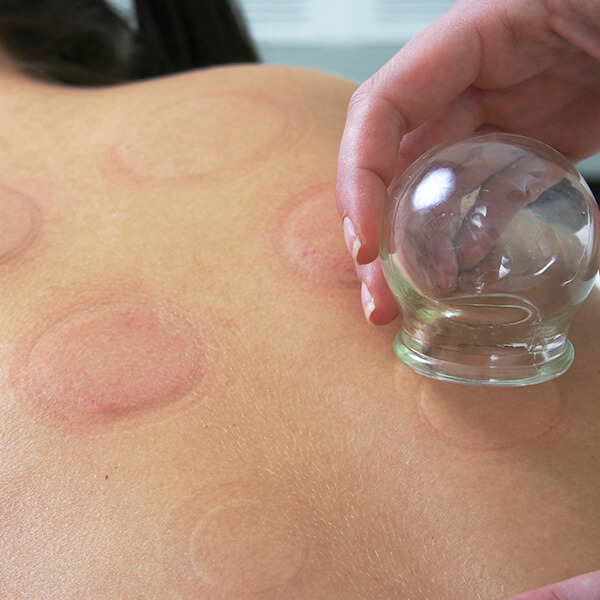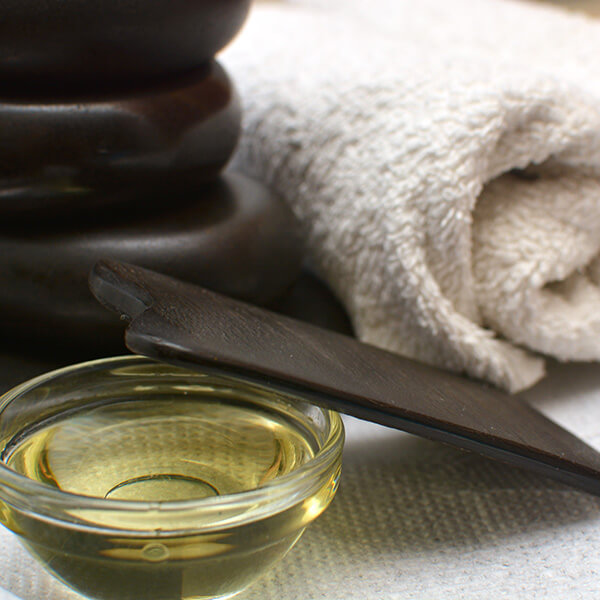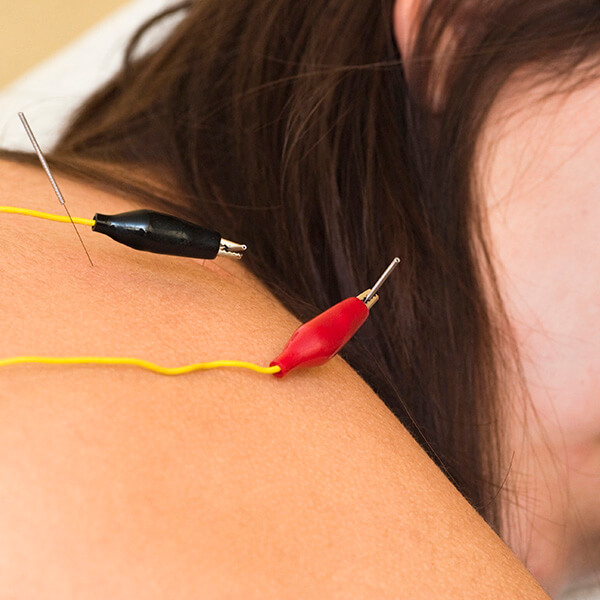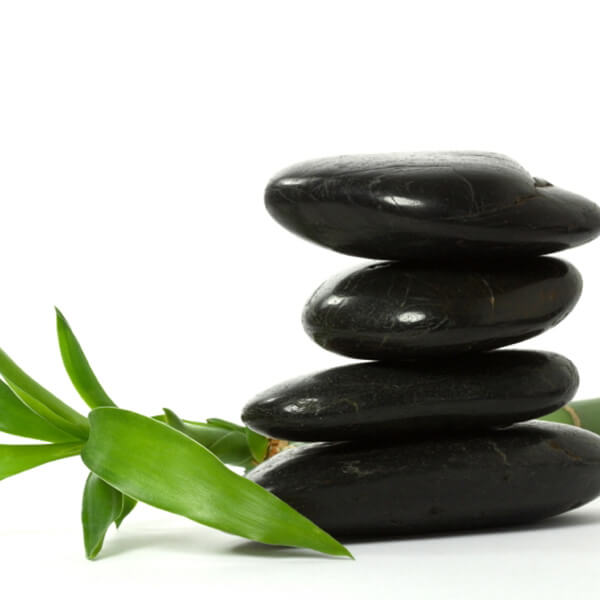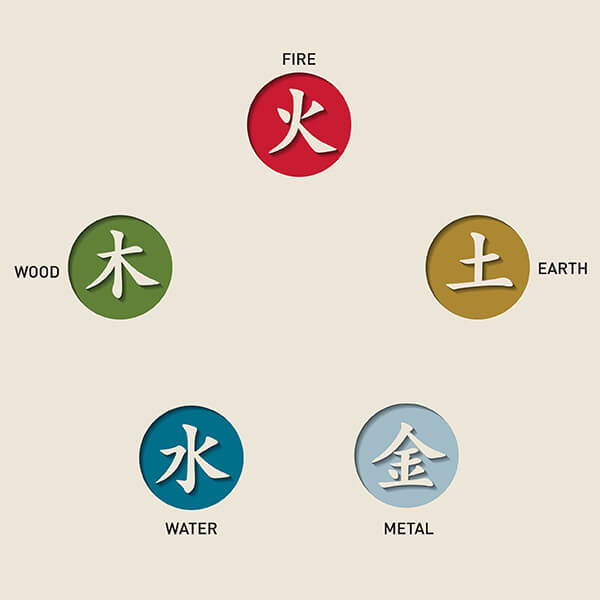Traditional Chinese Medicine and Acupuncture
Acupuncture
Traditional Chinese Medicine (TCM) is a system of medicine that originated in China between 2,000 and 4,000 years ago. While TCM traditionally encompasses many disciplines and offshoots, in the United States it usually refers to one of five main branches: Acupuncture (physical medicine), Chinese Herbal Medicine, Tai chi | Qi Gong (exercise), Eastern Nutrition (dietary), and Tui Na (bodywork). Together these disciplines work to create a balanced state of wellness that maintains health and treats illness. Traditional Chinese Medicine arose from thousands of years of observations of the human body as a whole and how it related to the environment without the use of microscopes. Today, these age-old observations have been combined with thousands of years of clinical experience to give us what we know today as TCM. Eastern and western medicine are quite different in their philosophies and the way in which they view the body and many patients today choose to use the combination of both in order to maximize the potential benefits. In China, TCM can be found in hospitals and clinics alongside conventional, western medicine and these two very different systems are often used successfully side by side. Western medicine, sometimes known as allopathic medicine, focuses on the classification of disease and the removal or control of its symptoms using drugs, surgery or physical therapy. Recent inventions such as the microscope have encouraged physicians to focus to single units (cells, organs, and tissues). This has given rise to specialists such as cardiologists and dermatologists whose focus is on these isolated systems or body parts alone. TCM views the body in a more holistic way. All symptoms, physical or emotional, are taken into account before making a diagnosis. TCM doctors believe that all signs and symptoms are connected and point to an underlying imbalance in the patient’s physiology. By treating the person as a whole rather than focusing on individual symptoms, TCM aims to provide a deep level of healing, tackling disease right from its root cause. For example, if you were to visit an eye, ear, nose, and throat (EENT) doctor for a sore throat, the first thing they would probably do is give you a throat exam and find out what medicine would work best. If you were to visit a TCM practitioner for the same problem, they would not only give you a throat exam, but also ask you about your diet, sleep, digestion, quality of pain, how your symptoms started, and look at your tongue and feel your pulse. These things may seem unrelated to your sore throat, but your TCM practitioner wants to know why your throat is sore and whether it is a sign of a more serious problem. At Ravenswood Chiropractic & Wellness Center we sometimes use Traditional Chinese Medicine modalities in our treatment plans which may include: Acupuncture, Chinese Bodywork (Tui Na, cupping, gua sha), Chinese Herbal Medicine, and Eastern Nutritional Therapy. These therapies can be used alone or in combination with other therapies to provide our patients with the most effective treatment possible. IN THE EAST When the body is in a state of health, qi flows freely like a river. Pain and disease arise when there is too much qi, not enough qi, or if the flow of qi gets blocked. Acupuncture is used to regulate the flow of qi and restore proper balance to the body and mind. IN THE WEST Tui Na is a form of massage which is very popular in China and the east. It is usually performed with the patient fully clothed and uses a variety of movements to relax the muscles and joints, relieving stiffness and pain. Tui Na can be used in the treatment of many different conditions, but it is most often recommended for musculoskeletal problems. IN THE EAST IN THE WEST Tai chi and qi gong are both gentle forms of exercise which place great emphasis on correct breathing and posture. Not only are tai chi and qi gong extremely relaxing, but they can also help to improve mobility and balance, making them especially suitable for older people who wish to stay active. You are what you eat, and according to TCM, the food you choose can have a huge influence on your health. Your practitioner will look at your body type and any symptoms you may have before recommending the most appropriate diet for you. Following the principles of eastern nutritional therapy is a great way to stay healthy as well as helping to manage the symptoms of a disease. Typically, as is the practice of our office, Traditional Chinese Medicine is integrated with Western Medicine. This allows our patients to receive the best of both worlds, combining modern technology with ancient wisdom. Schedule an appointment online today to discover how Traditional Chinese Medicine can help you. FOR MORE INFORMATION: on How Acupuncture Works visit the Wall Street Journal’s article: “Decoding an Ancient Therapy: High-Tech Tools Show How Acupuncture Works in Treating Arthritis, Back Pain, Other Ills”.Acupuncture
TRADITIONAL CHINESE MEDICINE
The Difference Between Western and Eastern Medicine
What are these different techniques?
ACUPUNCTURE – Physical Medicine
Acupuncture is based on the theories of qi (pronounced “chee”), which is the vital energy which flows through the body in channels called meridians. In nature, qi regulates growth, seasons, climates, days, and nights. In human beings, qi regulates all of our physical, emotional, mental, and spiritual activities.
Western medicine explains that Acupuncture influences the central nervous system by regulating neurotransmitters, it’s also been shown to reduces inflammation and pain. In this way, it helps to maintain a state of balance throughout all of the body’s systems.TUI NA – Chinese Bodywork
CHINESE HERBAL MEDICINE
Chinese herbal medicines are made from different parts of various plants, animals, and minerals, which are used to treat diseases according to the principles of TCM. Over the course of thousands of years, many different prescriptions have been developed and tested time and time again for both efficacy and safety.
Most of the Chinese herbal medicines used in the west come from plants. Modern research has shown that many of these plants have antibacterial, antiviral or anti-inflammatory properties, making them suitable for treating a wide range of conditions.TAI CHI/QI GONG
EASTERN NUTRITIONAL THERAPY
TRADITIONAL CHINESE MEDICINE AT RAVENSWOOD CHIROPRACTIC IN CHICAGO
At Ravenswood Chiropractic in Chicago our philosophy is to treat the issue at its root cause and not merely treat the symptom, resulting in a unique blend of Eastern and Western Medicine individualized for your unique condition.





